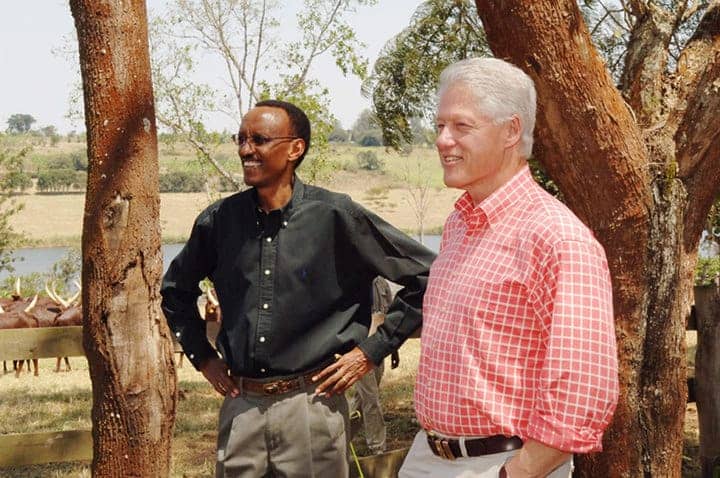foreignpolicy | Televised comments made by Amb. Susan Rice shortly after the
attack on the U.S. consulate in Benghazi have dominated the debate over her
probable nomination for secretary of state. This is a bit surprising, since
it's clear that she played only a marginal role in the affair and appears to
have just been reading from the briefing notes provided. It's also unfortunate
that the "scandal" has crowded out a healthy discussion of her two-decade record
as U.S. diplomat and policymaker prior to Sept. 2012 -- and drawn attention
away from actions for which she bears far greater responsibility than Benghazi.
She did not get off to an auspicious start. During her first
year in government, there was a vigorous debate within the Clinton
administration over whether to describe the killing in Rwanda as a
"genocide," a designation
that would necessitate an international response under the 1948 U.N.
Genocide
Convention. In a now infamous incident from
that April, which was reported in her now State Department colleague
Samantha
Power's book, A Problem from Hell, Rice -- at the time still a junior
official at the National Security Council -- stunned her colleagues by asking
during a meeting, "If
we use the word 'genocide' and are seen as doing nothing, what will be the
effect on the November [congressional midterm] election?"



0 comments:
Post a Comment